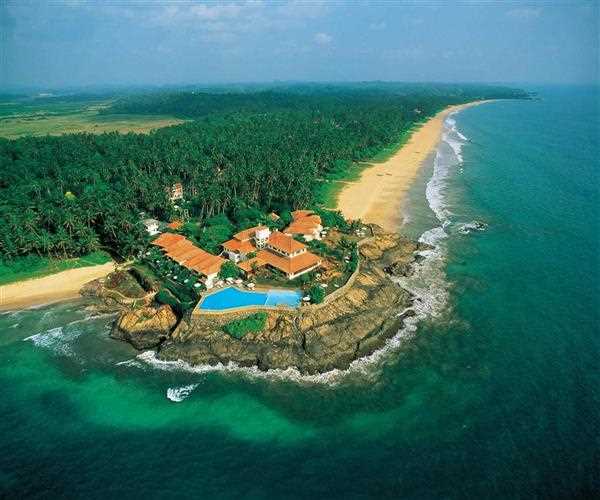The Geneva-based body gave Sri Lanka a two-year augmentation to execute completely the responsibilities that were made under a 2015 determination after the United Nations top human rights official, Zeid Ra'ad al-Hussein, communicated worry at the "moderate advance" of changes in Sri Lanka.
The United Nations and rights bunches have blamed the Sri Lankan military for executing a huge number of regular citizens, generally Tamils, amid the last a long time of the war and have squeezed for equity for the groups of the individuals who vanished.

The United Nations propelled a test in 2014 into atrocities purportedly dedicated by both state powers and the Liberation Tigers of Tamil Eelam (LTTE) rebels. The administration of then-pioneer Mahinda Rajapaksa opposed the test and denied U.N. authorities section to the island country.
Numerous committee individuals invited Sri Lanka's commitment, however approached President Maithripala Sirisena's legislature to show a reasonable arrangement went for meeting compromise, change and equity responsibilities.
In the eight years that have gone since the war finished, the administration has neglected to arraign asserted atrocities, for example, torment, unlawful killings and implemented vanishings.
Families whose friends and family vanished amid the contention have asked the United Nations to weight the Sri Lankan government to accelerate the atrocities test.
More than 100,000 are trusted assessed to have passed on and somewhere in the range of 65,000 disappeared amid the 26-year struggle.
Sri Lanka's representative remote issues serve, Harsha De Silva, told the U.N. rights body on Thursday that the legislature was endeavoring to build up the run of law and end exemption under "Sri-Lankan government-drove forms".
Be that as it may, John Fisher, Geneva executive of Human Rights Watch, said the president's restriction to the contribution of outside judges, which had been concurred in the 2015 determination, brought up issues over the administration's duty to equity and undermined trust in the administration's endeavors.
"Sri Lanka needs to quit dodging and advance with an unmistakable arrangement and timetable so the guarantee of equity and responsibility can at long last turn into a reality," Fisher said in an announcement.
Tania Baldwin-Pask, head of global backing at Freedom from Torture said security changes were expected to guarantee torment and different misuse were not rehashed.
"Cheers"